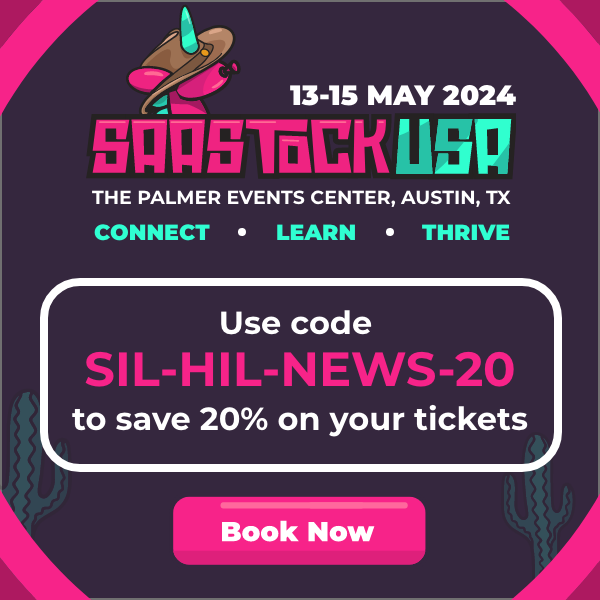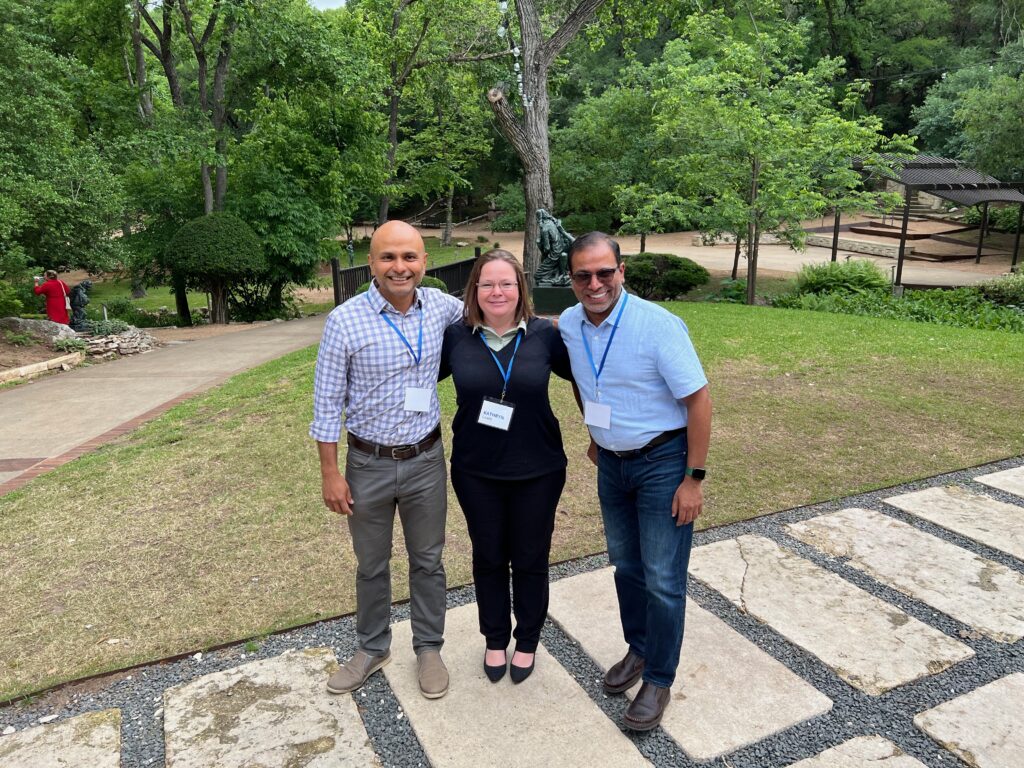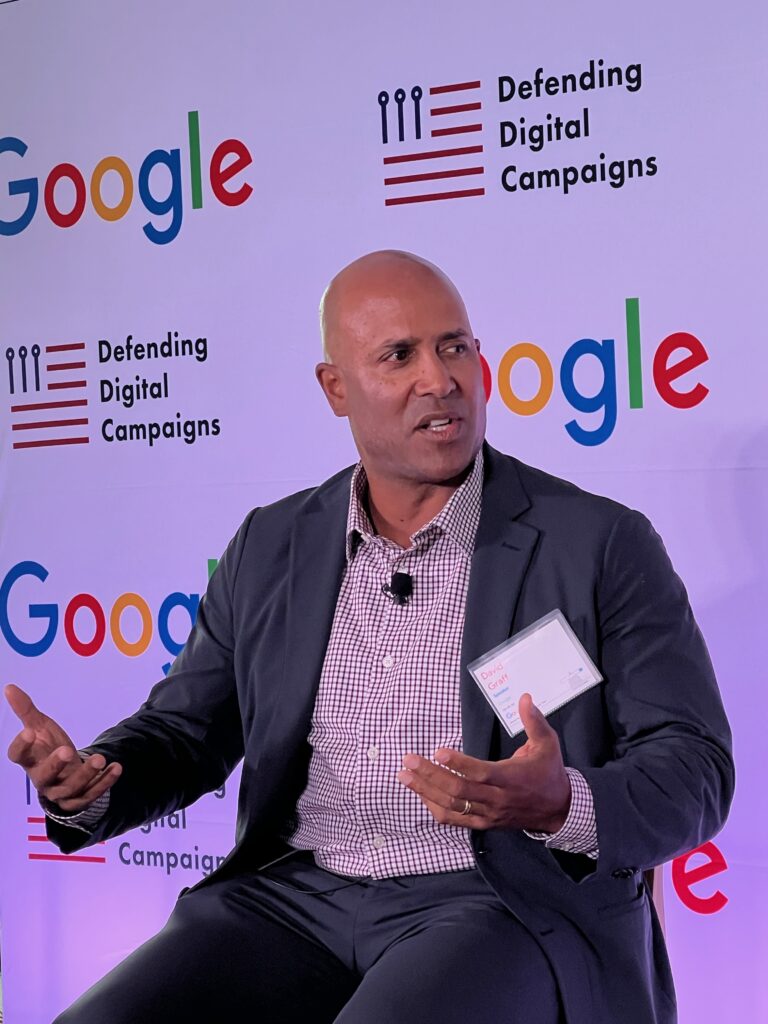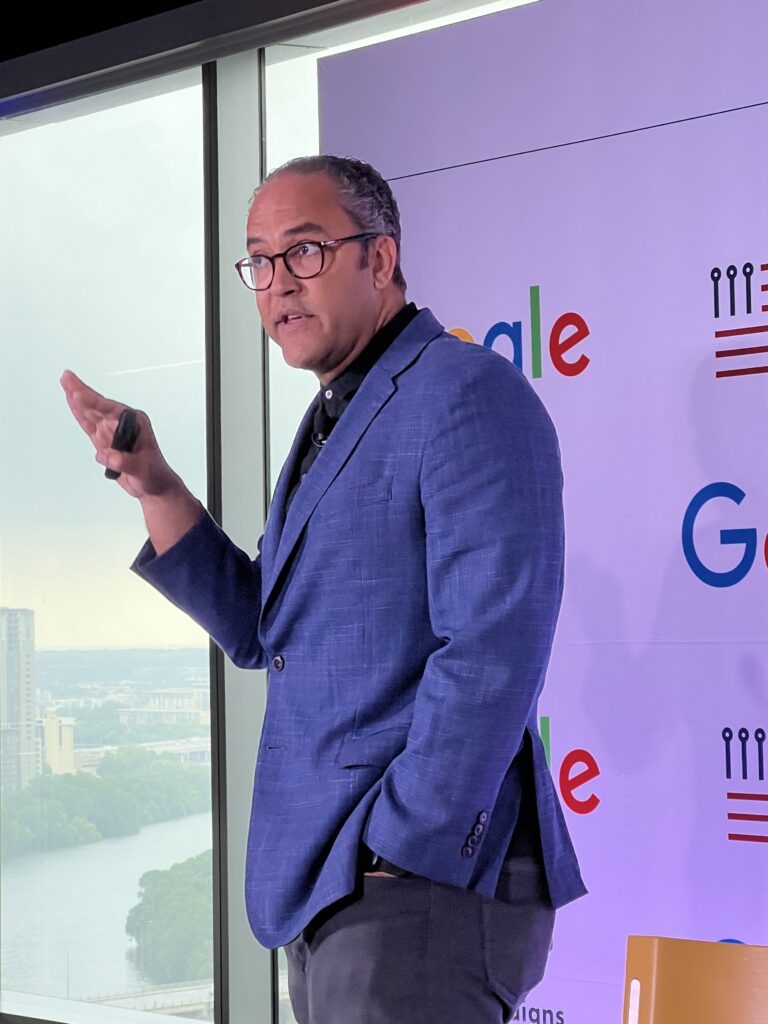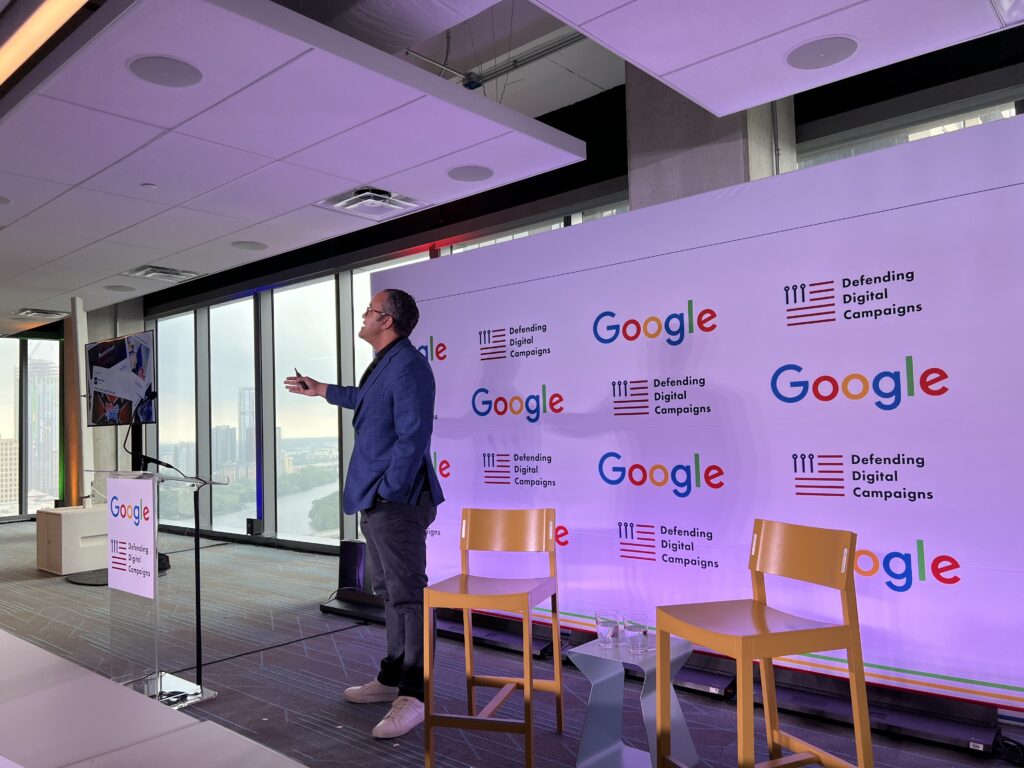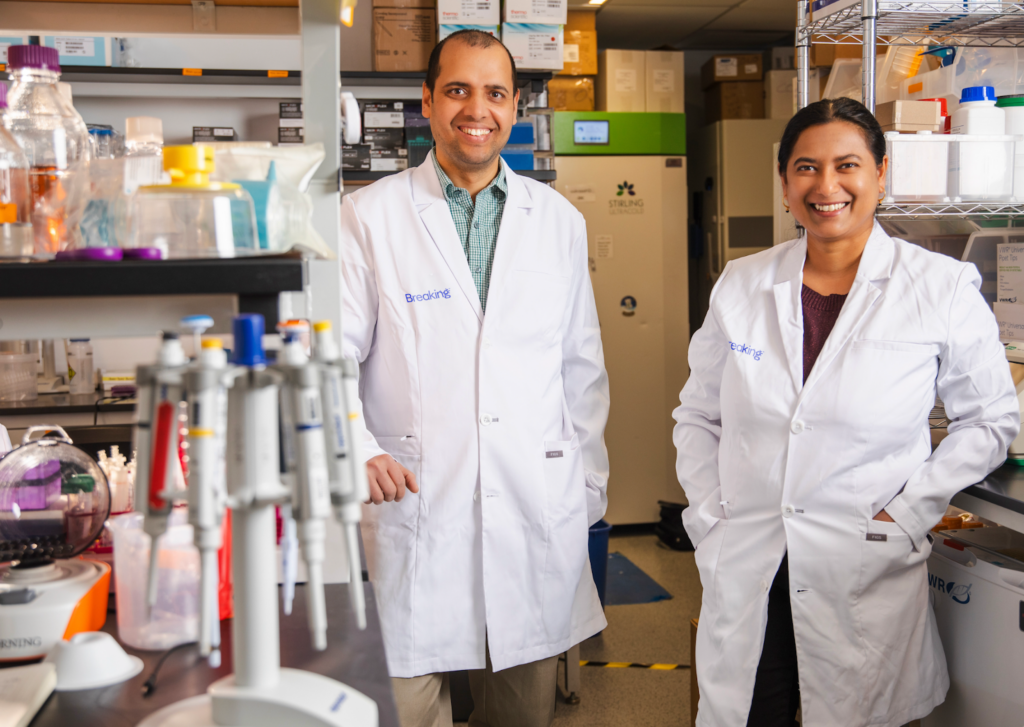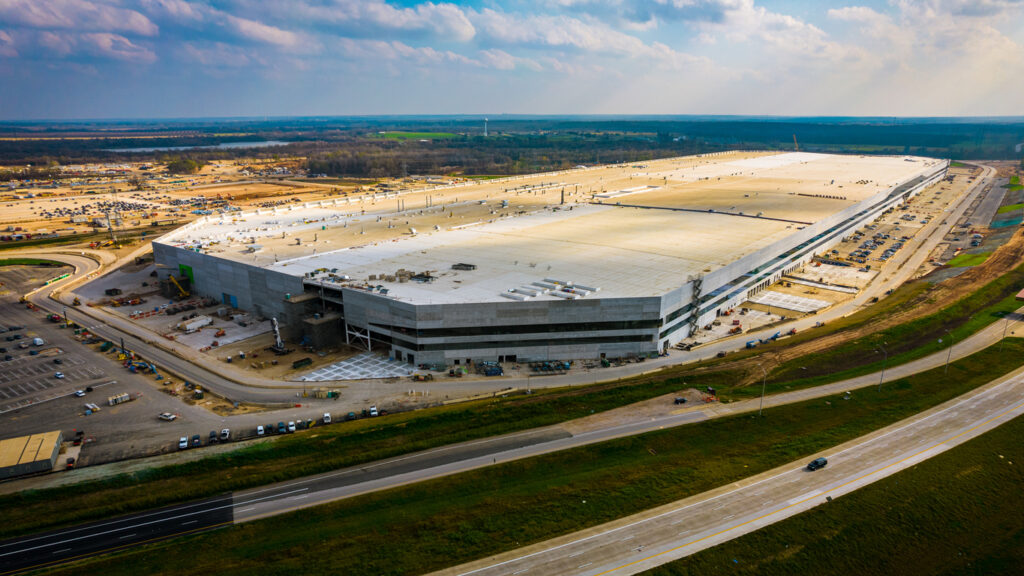
Austin’s iconic music, film, and tech festival, South by Southwest, is going across the pond to launch SXSW London in June 2025.
It’s SXSW’s first European conference. But SXSW did launch SXSW in Sydney, Australia, last year.
“We couldn’t be more excited to bring the SXSW experience to London,” Jann Baskett, Co-President and Chief Brand Officer of SXSW, said in a news statement. “Following the success of SXSW Sydney, this is an incredible new opportunity to highlight the elements that make SXSW unique in one of the most vibrant cities in Europe. We look forward to forming deeper connections with our overseas community and bringing the conversations that start in Austin all the way to London.”
According to conference organizers, the SXSW London conference will have its distinct personality.
“SXSW London will build on Austin’s incredible legacy, presenting an event that underpins why SXSW is the go-to destination for professionals and creatives seeking meaningful connections, unexpected experiences, and ideas that can help shape the world,” Randel Bryan, managing director of SXSW London, said in a news release.
The week-long conference, which will take place in June 2025 in Shoreditch, East London, will feature keynotes, music showcases, tech, gaming, and film, with a focus on visual arts, design, and fashion. It will also include interactive exhibitions and immersive experiences.
“I am delighted to welcome SXSW to London for the first time ever, confirming our place at the heart of Europe’s tech and creative sectors and as a global capital of culture,” Sadiq Khan, Mayor of London, said in a news release.
Badges will go on sale in October 2024, and programming will be published on SXSWLondon.com.
London and Austin have a long-standing relationship.
Since 2012, London’s Borough of Hackney has had a sister city relationship with Austin. The two cities signed the Austin-Hackney Sister City Committee on Jan. 25th, 2012. Hackney began bringing a large contingent of people to SXSW in 2013 with its first official Hackney House, a venue that showcased the talents of East London’s creative, tech, and design community.
In 2014, British Airways began offering direct daily flights between Austin and London, timing the launch to SXSW.
In 2018, London’s Mayor Sadiq Khan visited Capital Factory and spoke about equality. The next day, he gave the featured keynote at SXSW.
In 2019, Capital Factory, a technology accelerator in downtown Austin, joined forces with Plexal, an innovation center in London’s Here East technology campus. Here East is a technology redevelopment project from the 2012 London Olympics. It has 1.2 million square feet of space in three buildings in East London.
Earlier this year, Texas signed a trade pact with the United Kingdom. On March 13th, Gov. Greg Abbott traveled to London to meet with the U.K.’s Business and Trade Secretary Kemi Badenoch. The pact is focused on making it quicker, easier, and cheaper for U.K. and Texas firms to do business by tackling trade barriers, growing investment, and driving commerce between the U.K. and Texas.



